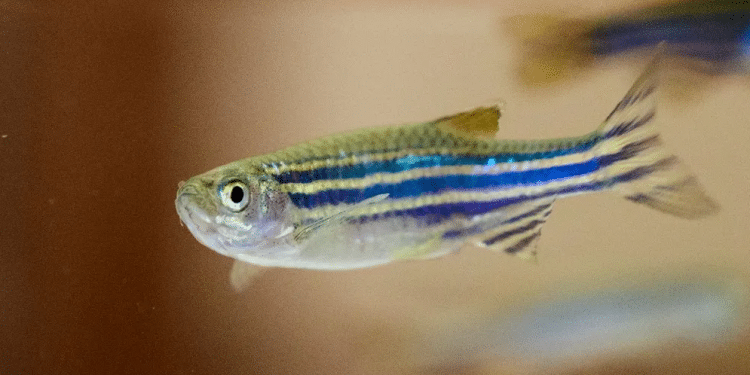Researchers from Bar-Ilan University conducted research on DNA damage in zebrafish, which shares a similar genetic structure to humans, to help understand the mysteries surrounding sleep.
Follow Israel Hayom on Facebook and Twitter
The study was headed by Professor Lior Appelbaum, from BIU's Goodman Faculty of Life Sciences and Gonda Multidisciplinary Brain Research Center, as well as Dr. David Zada, a postdoctoral researcher, a press release from the university detailed.
Scientists found that the feeling of tiredness, which they referred to as homeostatic sleep pressure, is caused by damage to DNA.
Such damage can be prompted by a variety of factors like exposure to UV light, radiation, and oxidative stress, but can be repaired during periods of rest.
To determine if DNA damage prompted the urge to sleep, the researchers exposed zebrafish to several stressors, including radiation.
The experts discovered that as the amount of DNA damage increased, so did the need for sleep, and subsequent mending of the impaired molecule.
Researchers also ran tests on the zebrafish to discern the minimum amount of sleep required to reduce DNA damage, and determined six hours of rest was a long enough period for restoration.
During the study, the Bar-Ilan team also identified the specific protein responsible for initiating DNA repair during sleep, known as PARP1.
PARP1 locates damaged sites along the molecule, and calls on additional systems to mend the areas.
This article was first published by i24NEWS.
Subscribe to Israel Hayom's daily newsletter and never miss our top stories!




